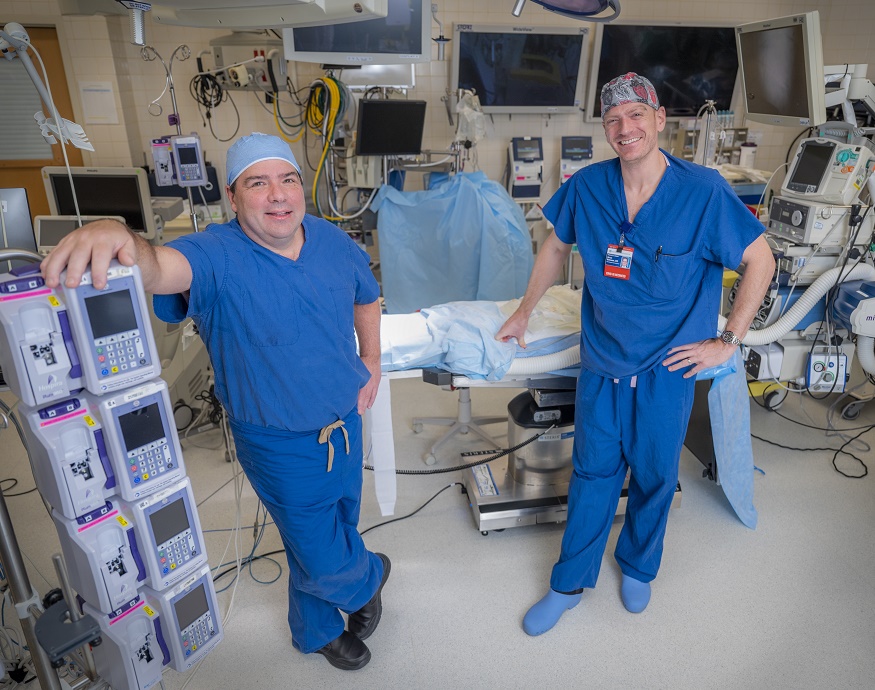Children’s heart surgeons (PCS) are medical professionals who carry out complex heart operations on children, infants, and teenagers. This blog will provide an in-depth overview of the surgeons, who they are, what they do, and the crucial function they have in the health system.
What is a Pediatric Heart Surgeon?
Pediatric heart surgeons are medical professional who specializes in diagnosing and surgically treating acquired and congenital heart diseases in infants and children. In contrast to general surgeons, pediatric heart surgeons are trained to meet the unique demands that are presented by the less developed and smaller bodies of infants.
Education and Training
Medical School
The path to becoming a pediatric surgeon starts by earning a medical certificate (MD or DO). Medical school typically lasts for four years to complete and includes courses in anatomy and physiology, biochemistry, medical ethics, and pharmacology, along with clinical rotations across a variety of medical fields.
Residency
Following medical school, potential pediatric heart surgeons are required to undergo a general surgery residency, which typically takes between five and seven years. In this period, they acquire extensive surgical experience and improve their abilities in a broad variety of surgical procedures.
Fellowship
Following their residency, the surgeons will need to complete a training program in pediatric cardiothoracic surgery. This program, which runs for between two and three years, concentrates on heart surgery for children. It provides advanced training in the diagnosis and treatment of congenital heart defects, learning about the physiology of children, and learning complicated surgical procedures.
Types of Conditions Treated
Pediatric heart surgeons deal with various congenital and acquired heart diseases, which include:
- Congenital Heart Diseases: structural abnormalities that are present at birth, for example, atrial septal defects (ASD) and ventricular septal defects (VSD), and Tetralogy of Fallot.
- The Heart Valve disorders: Conditions affecting the valves in the heart, like Mitral valve prolapse.
- Heart arrhythmias are irregular heartbeats that could be life-threatening if not handled appropriately.
- Cardiomyopathy: Diseases of the heart muscle that may affect its capacity to pump blood effectively.
The Surgical Process
Preoperative Evaluation
Before surgery, the pediatric heart surgeon performs a thorough assessment of the patient, including diagnostic tests such as echocardiograms, MRIs, or cardiac catheterizations. This assists in planning the procedure and in predicting any potential complications.
The Surgery
Heart surgeries for children can range from minimally invasive procedures to complicated open-heart operations. The most common procedures are:
- Decline of the Septal Membrane, closing holes in the heart wall.
- Valve repair or replacement: Fixing or replacing damaged heart valves.
- Arterial Switch Operation Correcting transposition of great arteries.
- Norwood Method: A multi-stage surgery to treat hypoplastic left heart syndrome.
Postoperative Care
The postoperative care is vital in the field of pediatric heart surgery. Patients are monitored closely in the ICU for potential complications like bleeding, infections, or arrhythmias. Regular check-ups are conducted, as well as imaging tests and occasionally more surgeries or interventions.
The Role of Pediatric Heart Surgeons in the Healthcare Team
Pediatric heart surgeons work with a multidisciplinary group that includes pediatric cardiologists, anesthesiologists, nurses, and other specialists. This approach to collaboration ensures complete medical care for patients in their early years, from diagnosis to recovery.
Challenges and Rewards
Challenges
Heart surgery for children is a gruelling field where surgeons are often faced with lengthy hours and high-risk situations. The tiny size and delicate structure of their heart surgeries for patients add a level of difficulty to their job.
Rewards
Despite the obstacles, most pediatric surgeons consider their job incredibly satisfying. The chance to dramatically enhance or even save the lives of children is a source of enormous satisfaction and a strong feeling of fulfillment.
Conclusion
The pediatric heart surgeons are experienced and committed professionals who play an essential role in the treatment of children suffering from heart diseases. Through years of intensive training and dedication towards excellence, they offer life-saving treatment and hope to many families. Their work does not just improve the quality of life of their patients, but also helps advance the field of pediatric cardiac surgery.

